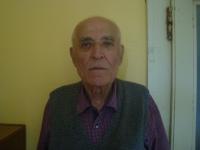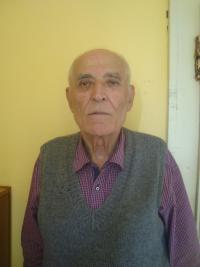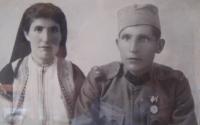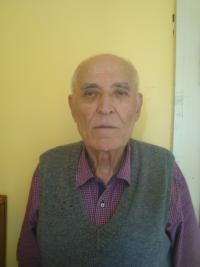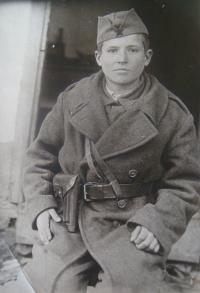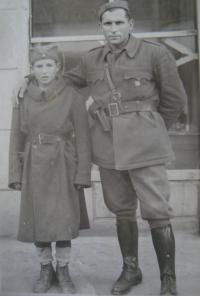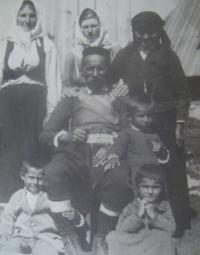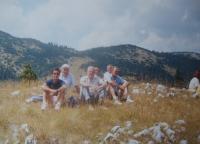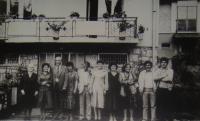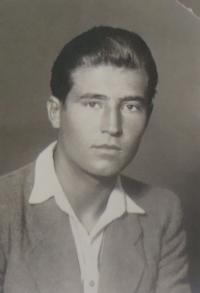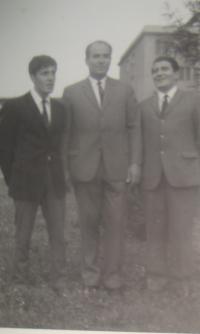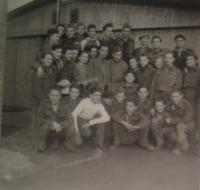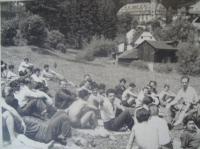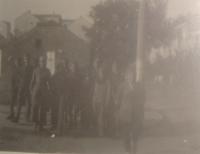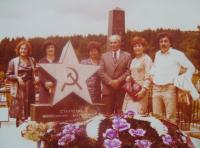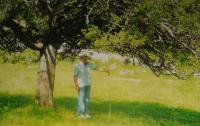It has been a bitter life but I don’t regret anything
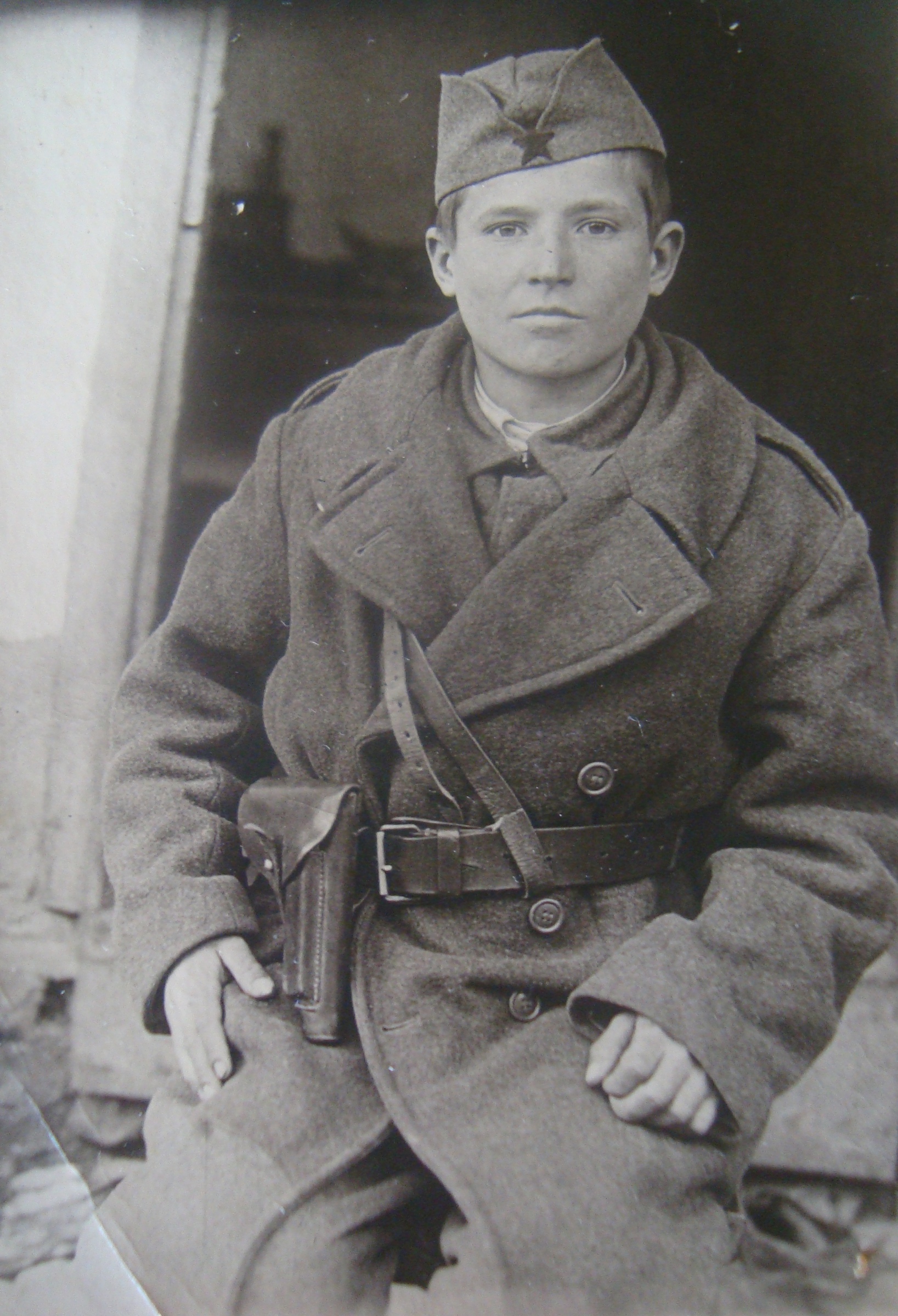
Download image
Veselín Starčevič was born on 15th October 1931 in the town of Meljak in Sandžak in former Yugoslavia. His home region is now a part of Montenegro, which is why he used to be referred to as a Montenegrin, even though he considers himself as a Serbian national. His family owned a farm, his father was the president of the local left-wing agrarian party. Veselín went to elementary school at the time but his education was interrupted by the war. In 1942, Meljak was bombed and so was the Starčevič household. Veselín’s father was a member of the local partisan movement (the National Liberation Army of Yugoslavia) and in 1944 he went back to organize a guerrilla. His very young son Veselín went with him to join the partisan troops, he was later a member of the 5th and 3rd Sandžak brigade. He served as a connection with the partisans and fought against Serbian police and German units around Sandžak and Serbian Užice. In January 1945, after the liberation of Yugoslavia, he and his father left for Novi Pazar where he inspected meals brought to the imprisoned Nazi collaborators. Later he went to Belgrade, where he was supposed to join either the police or military force of the Yugoslavian state, which he declined. Instead he took the opportunity presented by an internship programme for young Yugoslavians offered by Czechoslovakia in 1946. He got to Avia in Čakovice and studied to become a lathe operator. Unlike many others, Veselín Starčevič never came back to Yugoslavia and after another internship in Marienbad he studied history at the Faculty of Arts at the Charles University, graduating with the title of PhDr. Later he worked as a professor at several universities. As of 2016, he lives in Prague. Veselín Starčevič died on 27 May 2020.
